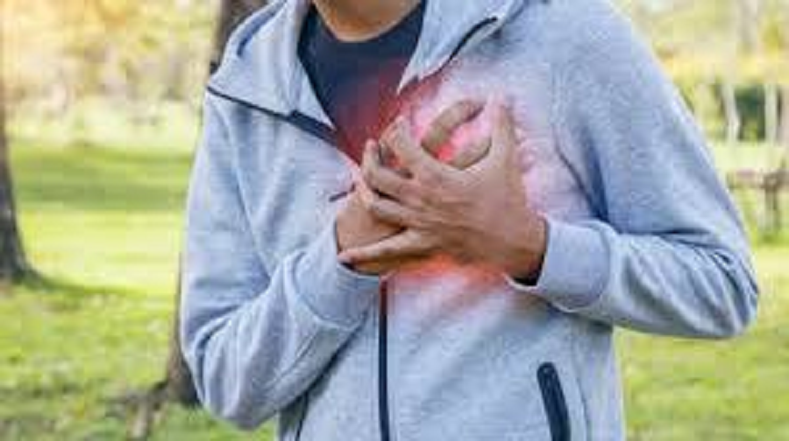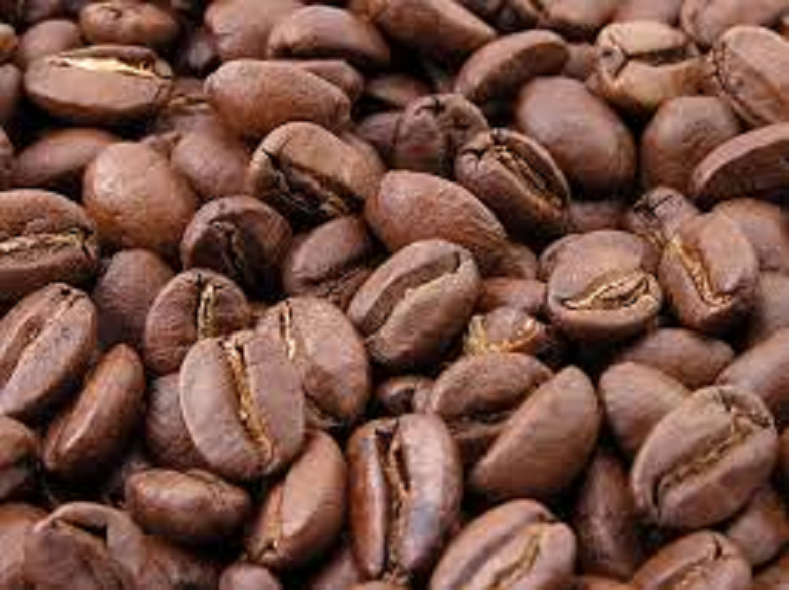Lifestyles: 99% of heart attacks and strokes are caused by our bad habits; this is how to protect yourself.
- bySherya
- 18 Oct, 2025

Data from over 1,200 patients in the United States were examined. The results of the research were surprising. 99 percent of the patients had at least one major risk factor before a heart attack or stroke.

We often think that heart attacks and strokes happen suddenly and without warning, but the truth is quite different. A major study recently published in the Journal of the American College of Cardiology revealed that heart attacks and strokes don't happen suddenly, but rather are the result of lifestyle changes.
This study examined data from over 600,000 Koreans and over 1,200 patients in the United States. The results were surprising. 99 percent of patients had at least one major risk factor before a heart attack or stroke, meaning we can protect our heart and brain health by identifying these risks early. Let's explore the causes of 99 percent of strokes and heart attacks and how to prevent them.
1. High Blood Pressure – The study found that 96 percent of patients had high blood pressure. This is a silent killer because it gradually affects vital organs, especially the heart and brain, without any symptoms. High blood pressure puts increased pressure on the arteries, weakening the heart muscle and increasing the risk of stroke. To avoid this, reduce salt intake, walk for 30 minutes daily or do some light exercise, try to reduce stress, and get your blood pressure checked regularly.
2. Smoking - 68 percent of the patients in this study were smokers. The chemicals in cigarettes constrict the arteries, reducing both blood flow and oxygen supply. This deprives the heart of an adequate oxygen supply, gradually increasing the risk. To avoid this, quit smoking immediately, whether it's bidis or cigarettes, seek nicotine replacement therapy or seek medical help, and maintain distance from smokers in the home.
3. High cholesterol – An increase in bad cholesterol causes plaque to accumulate on the inner walls of blood vessels. This plaque can later become blockages, leading to heart attacks or strokes. The body also contains good cholesterol, which helps keep arteries clear, but if the balance is disturbed, the risk increases. To avoid this, avoid fast food, fried foods, and trans fats. Eat foods rich in omega-3 fatty acids, and get regular blood tests.
4. High blood sugar – People with diabetes have twice the risk of heart disease and stroke compared to the general population. When sugar levels rise, blood vessels harden, restricting blood flow. To avoid this, limit your intake of sugary and refined foods, get your blood sugar checked regularly, and control your sugar levels with fiber-rich foods and regular exercise.
The risk is also increasing rapidly in women.
It was previously believed that women had a lower risk of heart attack, especially before the age of 60. However, according to this study, even in women under 60, more than 95 percent of cases were found to have some risk factor. This risk is rapidly increasing due to hormonal changes, stress, and an unhealthy diet. Therefore, it is important to get hormonal checkups during menstruation and menopause, adopt meditation and a healthy lifestyle to cope with stress, not neglect your health, and schedule regular health checkups.





